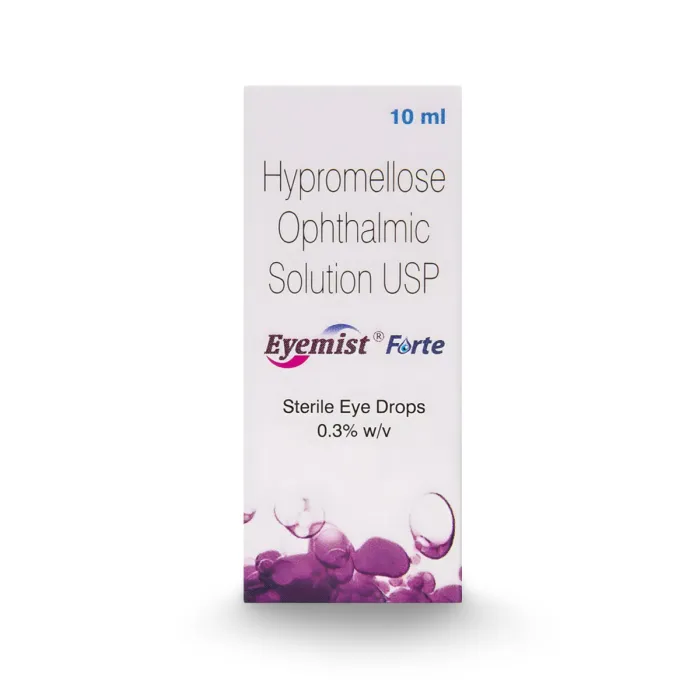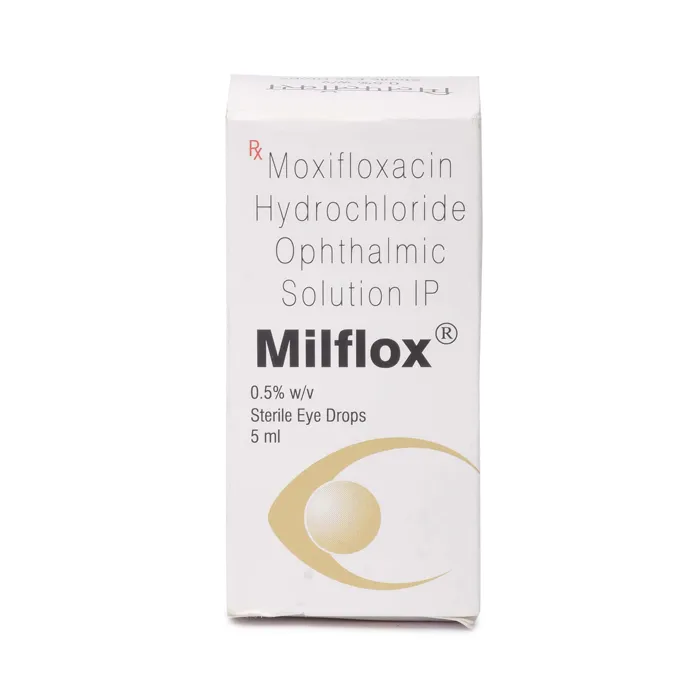Individuals who experience puffy eyes often call it baggy under eyes and may make a person seem tired.
Since it is a common occurrence, it is natural to ask, ‘What causes puffy eyes?’
In most cases, it is natural to experience puffy eyes when a person ages and the tissues around their eyes weaken.
However, in rare cases, it can result in serious conditions, which makes it important to learn about its causes.
Diagnosing these causes can help to provide the required treatment on time.
This article will discuss the puffy eyes causes and how one can treat them.
What Causes Puffy Eyes
There are several causes of puffy eyes, which range from common ones to rare conditions or factors.
A person might experience puffy eyes due to sleep deprivation, allergies, aging, and fluid retention.
Although these are some of the most common causes, people may experience baggy eyes due to lifestyle factors and different foods.
This section will discuss the above-mentioned causes of puffy eyes in detail.
Save up to 90% on your medicine bills

Eyemist Forte 10 ml

Milflox 0.5% 5 ml

Restasis 0.05% Ophthalmic Emulsion

Pred Forte 10 ml
Lack of Sleep
 Source: Charday_peen
Source: Charday_peenPuffy eyes in a person are often related to the amount and the quality of sleep one receives.
Sleep-deprived people often experience red eyes, swollen eyes, and dark circles.
When one receives inadequate sleep, their body holds back the excess fluid.
This excess fluid accumulates around the sensitive skin of the eyes and results in puffy eyes.
Allergies
Allergies and, in some cases, allergic pink eye (Allergic Conjunctivitis) are often a reason for puffy eyes in individuals.
Research states that people who experience allergic reactions may often experience red itchy eyes and swelling.
When a person comes in contact with allergens like pollen or dust, it can result in the release of a chemical named histamine
This chemical causes the blood vessels to widen and leads to puffiness of the eyes.
Fluid Retention
When a person intakes excessive salt or is dehydrated, the body may retain fluid, which can cause puffy eyes.
This condition is also known as eyelid edema and may happen during Menstruation or pregnancy.
Some people may observe edema after a long flight or when they have been standing or sitting for a long time.
Although it usually goes away without treatment, sometimes it can indicate serious issues like kidney problems.
Aging
When a person ages, their skin usually loses its natural elasticity and firmness.
Since the skin around the eyes is thin and sensitive, with age, they lose its firmness and becomes saggy.
This sagginess causes the development of under-eye bags, also known as puffy eyes.
Lifestyle Factors that Cause Puffy Eyes
Smoking is one of the major lifestyle factors that can cause dehydration, leading to puffy under-eyes.
Research shows that heavy alcohol consumption can also lead to under-eye puffiness.
Both alcohol and smoking lead to the narrowing of one’s blood vessels, which reduces the blood flow to the eyes, causing puffiness.
If a person is exposed to UV radiation from the sun for a longer period, it can cause swelling in the ocular tissues.
It can damage the main proteins like collagen and elastin that make up the skin.
This can result in loss of the elasticity of the skin, causing puffy eyes in a person.
What Foods Cause Puffy Eyes
If a person eats foods with excessively high salt and sodium content, it can retain the water in one’s body.
The holding of the water inside the body can cause swelling under the eyes.
Individuals who eat sugary foods and processed foods may also face inflammation, leading to puffy eyes.
If you are allergic to certain foods, it can trigger an allergic reaction, resulting in puffy eyes.
Puffy Eyes Treatment
 Source: Signature_image
Source: Signature_imageDoctors often suggest receiving adequate sleep and avoiding excessive salt to avoid puffy eyes.
Using cold compresses and tea bags can also be beneficial in reducing the swelling of the eyes.
Research states that using cucumber slices can also help reduce swelling under the eyes.
Doctors may also prescribe over-the-counter eye creams and gels to treat puffy eyes.
In severe puffy eye cases, individuals may also benefit from Blepharoplasty (eyelid surgery).
Conclusion
Are you curious to know what causes puffy eyes since it is a common yet bothersome condition?
Individuals may often experience puffy eyes due to aging, sleep deprivation, fluid retention, and allergies.
Lifestyle factors like smoking, drinking, and long exposure to sun can also lead to swollen under-eyes.
People who eat processed foods, sugary food, and excessively salty food may also experience puffy eyes.
However, using cold compresses, tea bags, and cucumber slices, getting proper sleep, and reducing smoking and drinking can help eliminate the condition.
Doctors might also suggest eye creams or gels and Blepharoplasty in some cases.
However, it is always best to consult a doctor to find the reason for puffy eyes and treat it suitably.

Frequently Asked Questions
Can stress cause puffy eyes?
Yes, stress can cause puffy eyes. When a person is stressed, the body releases the stress hormone Cortisol, which can retain fluid. This fluid retention can cause puffy eyes. Stress can also interrupt one’s sleep, causing baggy under-eyes.
See our Recommendations
What viruses cause puffy eyes?
A person can experience puffy eyes due to infections like viral pink eye, commonly caused by Adenovirus. In some cases, the Herpes Simplex virus can also cause puffy eyes.
See our Recommendations
Is there any surgical method to treat puffy eyes?
Yes, there is a surgical method to treat puffy eyes. In severe cases, doctors might suggest Blepharoplasty (an eyelid surgery) to reduce the puffy or swollen eyes.
See our Recommendations
How long does it take for puffy eyes to go away naturally?
The duration of puffy eyes always depends on its causes. If it is happening due to sleep deprivation, it can go away within hours. However, puffy eyes, due to fluid retention and allergies, can take several days to go away.
See our Recommendations
Are there any long-term health risks associated with chronic puffy eyes?
No, chronic puffy eyes do not usually produce any long-term health risks. It can highly dampen a person’s confidence regarding their appearance. However, in some cases, it can indicate thyroid or kidney problems.
See our Recommendations
Cheap Medicine Shop only refers to credible, authoritative sources for our content. If you’re curious about how we ensure the integrity of our content, we encourage you to read our Content Information Policy.














